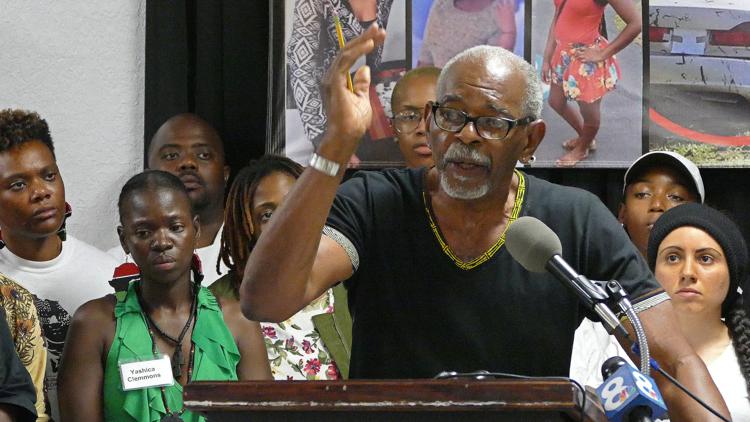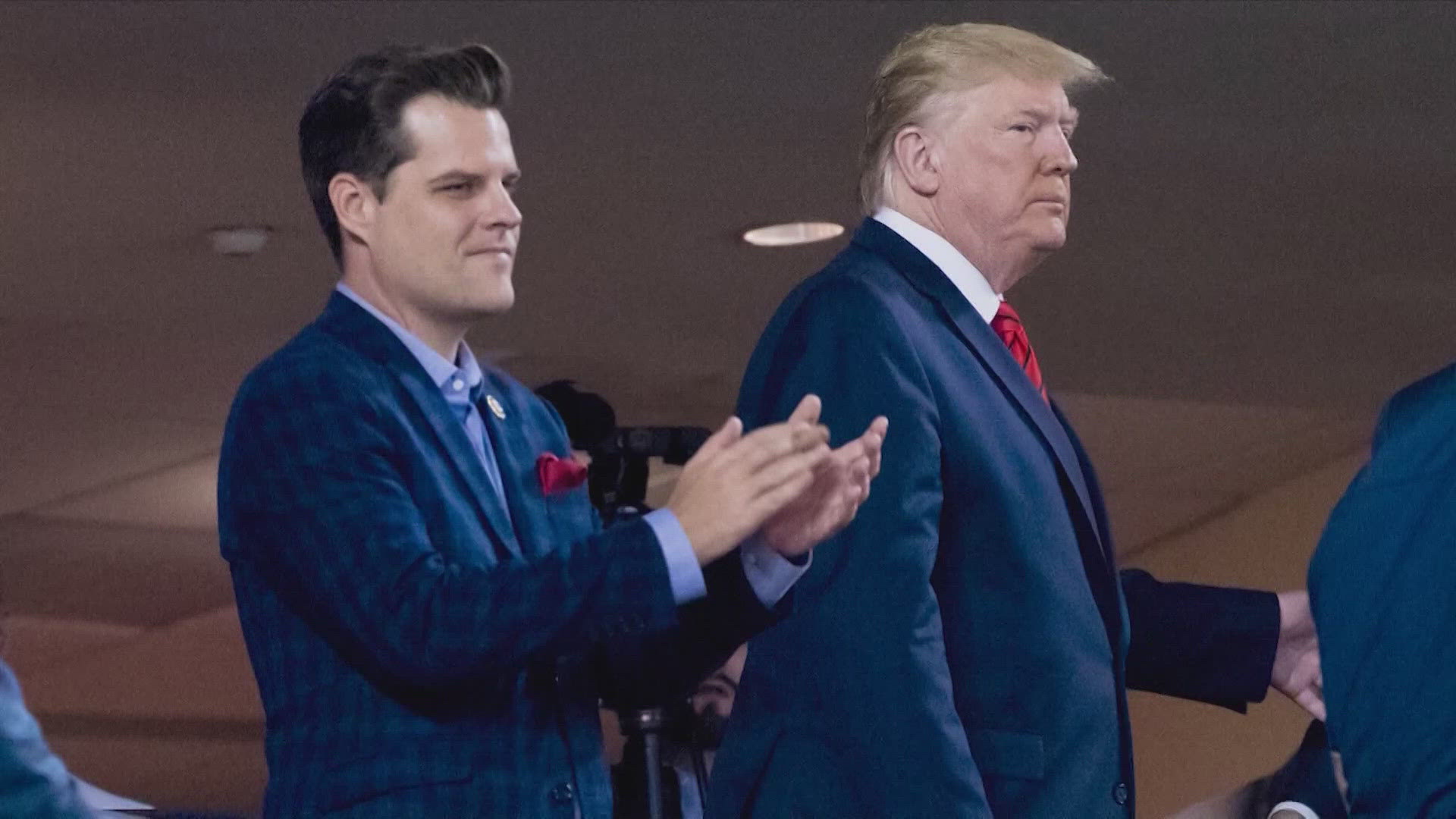TAMPA, Fla. — The United States appears to be close to the end of presenting its case against four activists accused of attempting to sow division in the U.S. on behalf of the Russian government.
First, prosecutors have to complete witness testimony on Monday, and that includes picking up where they left off Friday.
Depending on how long witness testimony and cross-examination lasts, the prosecution says it will rest as early as Monday. In turn, the judge instructed the defense to be ready to go as soon as then, too. According to defense attorneys, they'll need at least two days to present their case to jurors.
This could mean as early as the middle or end of next week the jury could be sent to deliberations.
On Friday, prosecutors brought another expert witness to testify, this time about Russia's history of disinformation. He explained a concept the KGB coined in the 1960s during the height of the Cold War called "active measures," which is how agents were able to secretively gather information.
As with the prosecution's first expert witness, he did not have any direct knowledge of the Uhuru Movement case.
Federal Bureau of Investigation Special Agent Kelly Bowen was the last witness called to the stand on Friday and will complete her testimony on Monday and be cross-examined by the defense.
Bowen testified she was a case worker who analyzed the evidence gathered by the FBI, both physical evidence taken from the Uhuru House in St. Louis and St. Petersburg, and defendant Penny Hess' home as well as digital evidence from various iCloud accounts.
Much of Bowen's testimony covered documents that were previously identified and submitted for evidence, providing some context from her analysis.
Prosecutors again presented evidence that alleges a timeline of monetary donations from the Anti-Governmental Movement of Russia (AGMR) and actions taken by the defendants. This includes the 2016 encampment tour by the African People's Socialist Party (APSP) and articles on Uhuru's website purported to be published at Ionov's request the same year.
The prosecution also brought up attempts from AGMR's president Alexander Ionov and his assistants to open communication and collaboration on Jesse Nevel's 2017 campaign for St. Petersburg mayor. No evidence Nevel worked with Ionov on this or received any donations from Russians was found, Bowen confirmed.
The case resumes at 9 a.m. Monday, Sept. 9.



